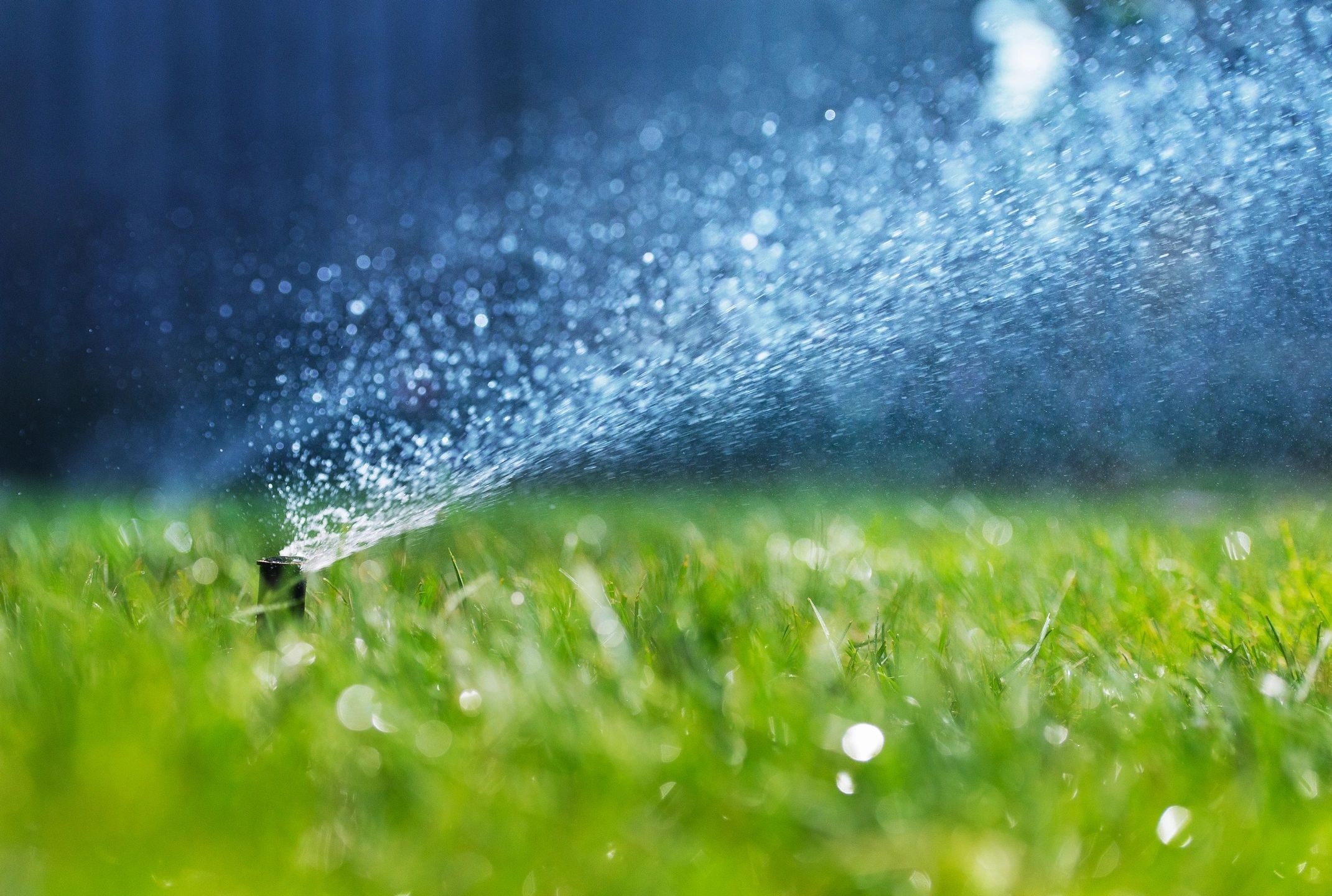Summer Irrigation

Adjusting irrigation systems in Central Florida during the summer requires careful consideration due to the region's unique climatic conditions. Florida summers are characterized by high temperatures, frequent rainfall, and humidity, which necessitate specific irrigation practices to maintain healthy landscapes and conserve water.
Understanding the Climate
Florida's summer climate features average temperatures ranging from the mid-70s to the low 90s Fahrenheit, with frequent afternoon thunderstorms. These weather patterns significantly impact the water needs of plants and lawns. Understanding the interplay between rainfall and irrigation is crucial to avoid overwatering, which can lead to water waste and plant diseases.
Optimal Irrigation Scheduling
The first step in adjusting irrigation systems is to develop an optimal watering schedule. It's advisable to water early in the summer, between 4 a.m. and 10 a.m. This timing reduces water loss due to evaporation and wind drift. Avoiding midday and evening watering is essential, as it can lead to fungal diseases and inefficient water use.
Soil Moisture Monitoring
Soil moisture sensors can help determine your landscape's precise watering needs. These sensors measure the moisture content in the soil, allowing irrigation only when necessary. This technology helps prevent overwatering and promotes more profound root growth, making plants more resilient during dry spells.
Adjusting Irrigation Systems
Sprinkler Heads and Nozzles: Regularly inspect and adjust sprinkler heads and nozzles to ensure they work efficiently and cover the intended areas without overlapping. This can prevent water wastage and ensure uniform distribution.
Irrigation Controllers: Modern irrigation controllers can be programmed to adjust watering times based on weather conditions. Smart controllers use local weather data to automatically adjust the irrigation schedule, reducing the need for manual adjustments.
Drip Irrigation: Consider using drip irrigation systems for gardens and landscaped areas. These systems deliver water directly to the plant roots, minimizing evaporation and runoff. They are particularly effective for watering shrubs, flower beds, and vegetable gardens.
Water Conservation Practices
Implementing water conservation practices is crucial in Florida's summer months. Mulching around plants helps retain soil moisture, reduces evaporation, and controls weeds. Additionally, selecting drought-tolerant native plants can significantly reduce the need for supplemental watering.
Regular Maintenance
Regular maintenance of irrigation systems ensures they operate efficiently. Check for leaks, clogged nozzles, and broken sprinkler heads. A well-maintained system conserves water and provides the health of your landscape.
Legal Considerations
Finally, be aware of local water use restrictions, which are common in many municipalities during the summer. These restrictions often dictate the days and times when irrigation is allowed. Complying with these regulations helps conserve water resources and avoids fines.
By carefully adjusting irrigation practices to suit Florida's summer climate, homeowners and landscapers can maintain lush, healthy landscapes while conserving water and adhering to local regulations.
Irrigation systems can be intimidating, but not to us. Contact ELT Landscape for a free estimate.
